Executive Summary
In July 2025, the Lagos State Government unveiled the ₦500 billion “Produce for Lagos” Offtake Guarantee Programme, a bold, multi-state initiative aimed at securing the state’s food needs through structured agreements with agricultural producers in partner states. By leveraging public-private financing, market access guarantees, and regional collaboration, this programme signals a strategic shift in Nigeria’s subnational approach to food system resilience.
This brief critically examines the programme’s structure, opportunities, and risks — and offers policy recommendations to ensure sustainable implementation, regional equity, and systemic transformation of Nigeria’s agri-food landscape.
Context and Rationale
Lagos, home to over 25 million people, is Nigeria’s largest consumer market and commercial hub, yet it depends heavily on long-haul, often precarious food supply chains. Rising inflation, insecurity in northern supply corridors, and post-pandemic shocks have exposed the fragility of this model. The “Produce for Lagos” initiative is a response to this structural vulnerability, built on the premise that food security must be localized, financed, and deliberately engineered.
Through guaranteed offtake contracts and access to credit, the programme seeks to incentivize production in partner states, currently including Ogun, Niger, Kogi, and Jigawa, while creating a secure, traceable, and predictable food inflow for Lagos.
Strategic Features of the Programme
1. Offtake Guarantees
The Lagos State Government and its partners will enter structured offtake agreements with farmers, aggregators, and processors. These contracts aim to de-risk production by assuring payment and market access for staple crops, livestock, and horticulture products destined for Lagos markets.
2. Blended Financing
The ₦500 billion fund is structured to draw in contributions from public coffers, development finance institutions, commercial banks, and impact investors. It will be disbursed as input finance, working capital, and value chain infrastructure support.
3. Multi-State Agricultural Partnership
Unlike previous Lagos-only food security efforts, this programme builds a regional production corridor by collaborating with nearby agricultural states based on comparative advantage. For instance, Ogun offers cassava and poultry, Niger is a rice and grains powerhouse, Kogi supplies tubers and vegetables, while Jigawa brings sorghum, livestock, and arable scale.
4. Technology-Enabled Traceability
The programme will integrate farmer registration, input distribution, contract enforcement, and delivery logistics through digital platforms — improving transparency, reducing leakages, and enabling real-time monitoring.
Risks and Implementation Challenges
Despite its promise, the programme faces several structural risks:
-
Governance and Oversight Gaps: Without transparent contract frameworks and independent monitoring, the risk of elite capture and political patronage looms large.
-
Infrastructure Deficit: Cold chains, aggregation hubs, and feeder roads remain weak across many partner states, increasing the likelihood of post-harvest losses.
-
Capacity Limitations: Smallholders may struggle with contract compliance, financial literacy, and delivery volumes — risking default and disputes.
-
Power Asymmetry Between Lagos and Partner States: There is concern that Lagos may dominate the value chain terms, potentially stifling fair pricing, upstream investment, or shared infrastructure development.
Policy Recommendations
To ensure that the “Produce for Lagos” initiative delivers structural impact beyond short-term procurement, the following policy actions are recommended:
1. Institutionalize the Multi-State Framework
Establish a legally backed Southwest Agro Corridor Council or Joint Task Force comprising Lagos and all participating states. This will foster coordination, prevent extractive dynamics, and enable joint planning of transport, pricing frameworks, and logistics infrastructure.
2. Embed Outcome-Based Targets
Tie fund disbursement and contract renewals to measurable indicators, such as price stabilization, reduction in food inflation, improved farmer incomes, and lowered post-harvest losses.
3. Create a Transparent Procurement and Monitoring System
Set up an independent fund oversight body, with representatives from civil society, agribusiness networks, and farmer associations, to track implementation, flag red flags, and recommend course corrections.
4. Invest in Midstream Value Chain Infrastructure
Prioritize capital allocation to aggregation points, mobile cold storage, smart warehousing, and processing units, especially in partner states, to support timely and quality delivery.
5. Incentivize Private Sector Participation
Develop a pipeline of investable ventures and de-risk entry for logistics firms, tech companies, food processors, and aggregators by offering co-investment models, performance-based subsidies, or concessionary debt.
Conclusion
“Produce for Lagos” marks a progressive evolution in Nigeria’s food security thinking, one that places responsibility for feeding the city squarely in the hands of policy, finance, and structured trade, not just hope. But it must be executed with discipline, transparency, and respect for partner states’ autonomy. If it succeeds, it could become a national template for sub-national agricultural integration and metropolitan food planning. If mismanaged, it risks becoming another well-funded missed opportunity.
The time to design a resilient food future is now, and Lagos may well be setting the pace.

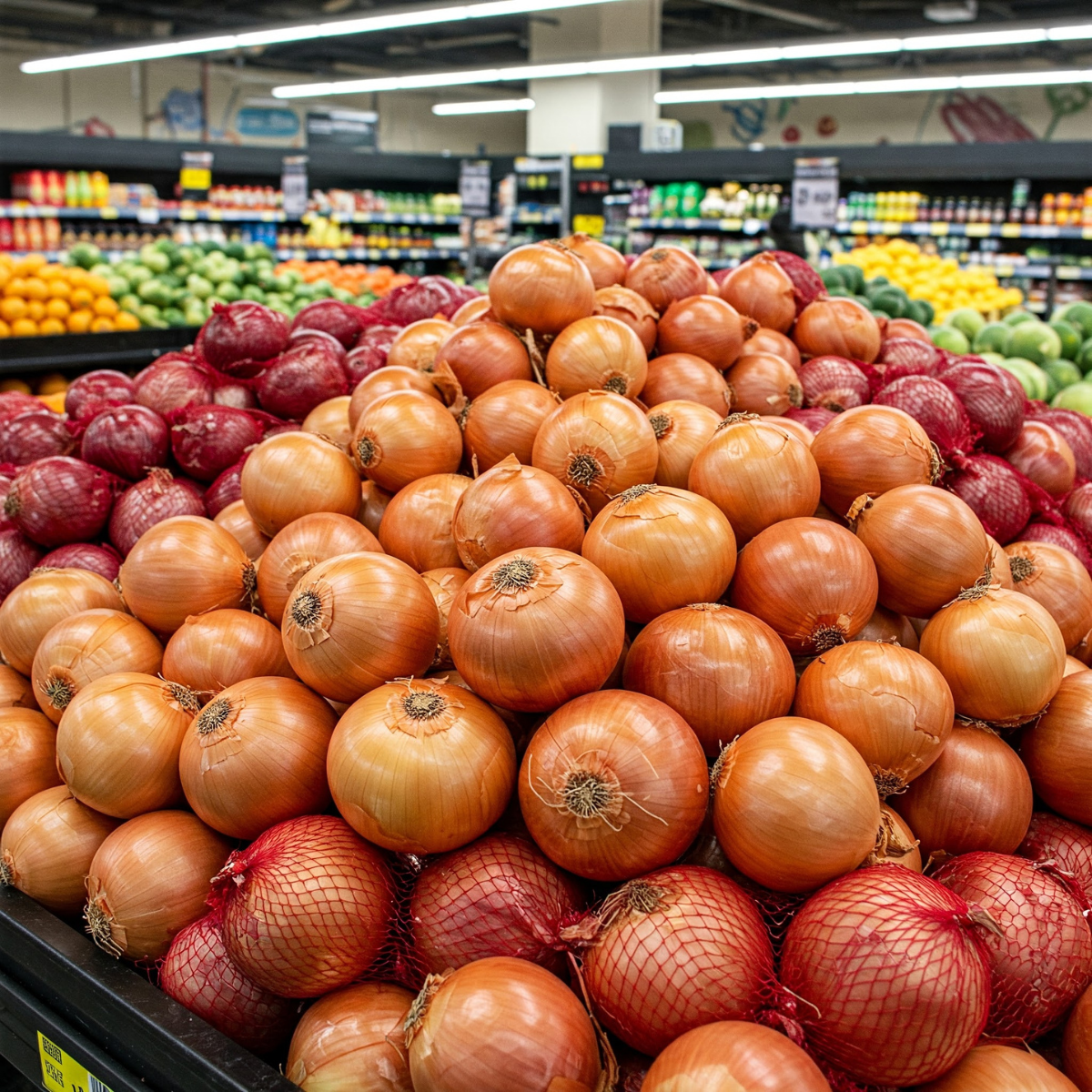
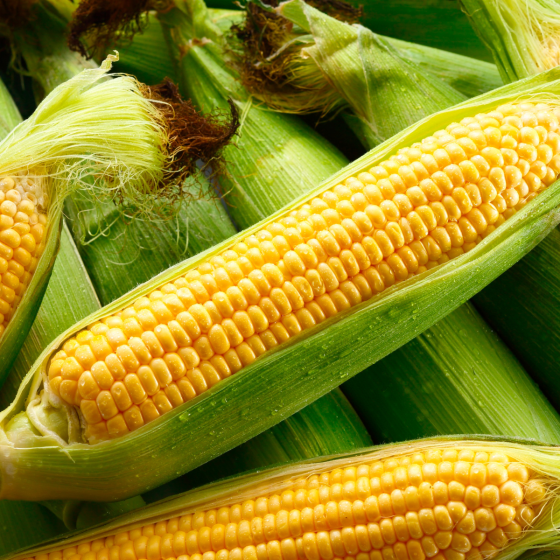
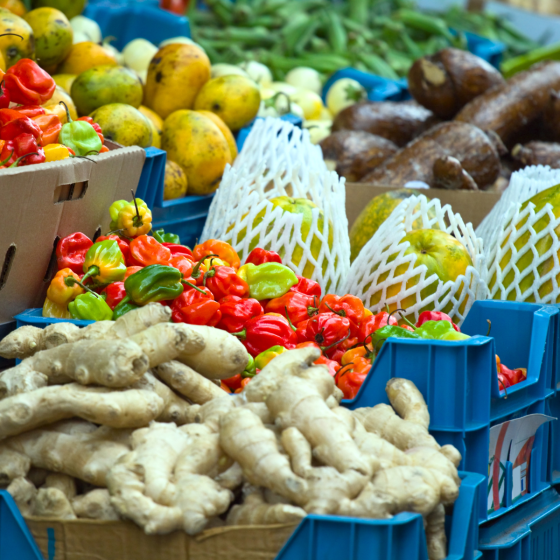
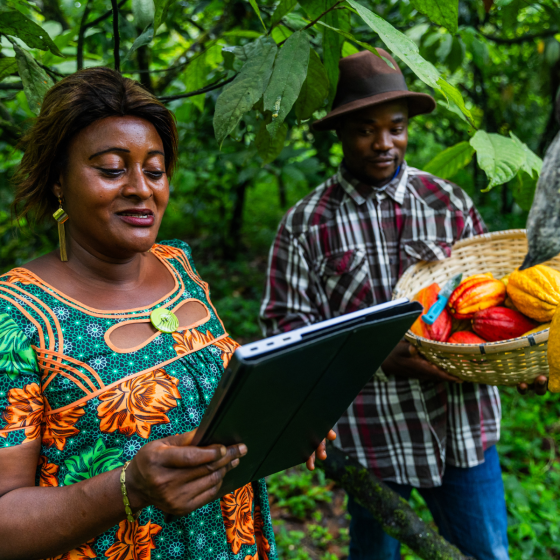
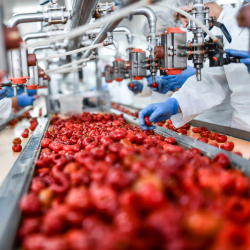
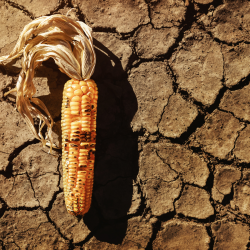
2 comments
A laudable effort by the Lagos state government and its partner states. As always, I am optimistic but with a new election year looming, I wonder how it will be sustained beyond 2027, if at all it kicks-off before the end of the year.
[…] programmes like “Produce for Lagos” show that state/subnational governments are starting to recognize the danger. But even that […]